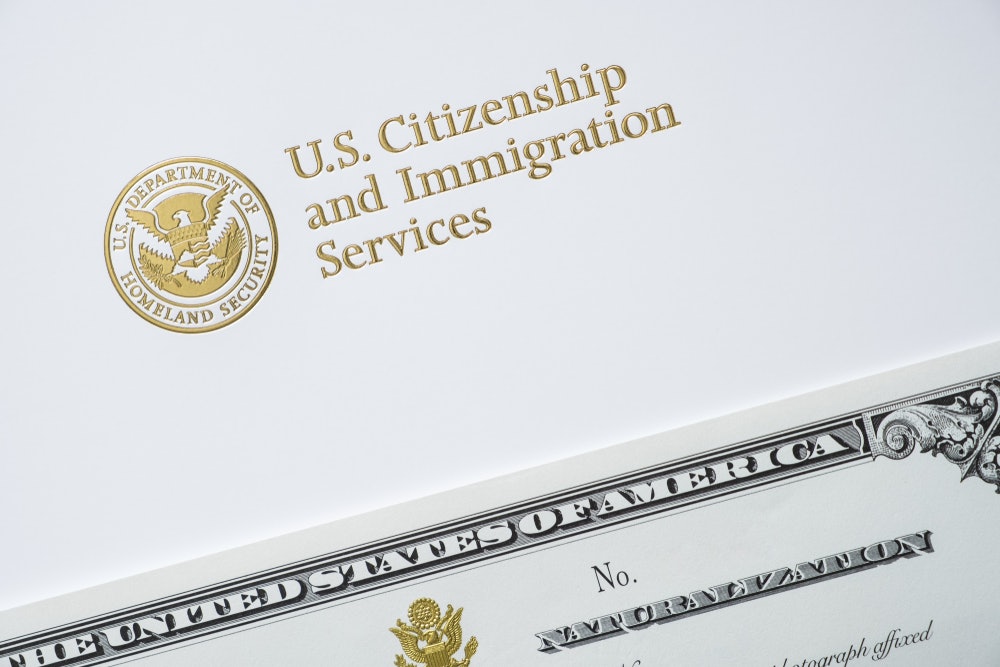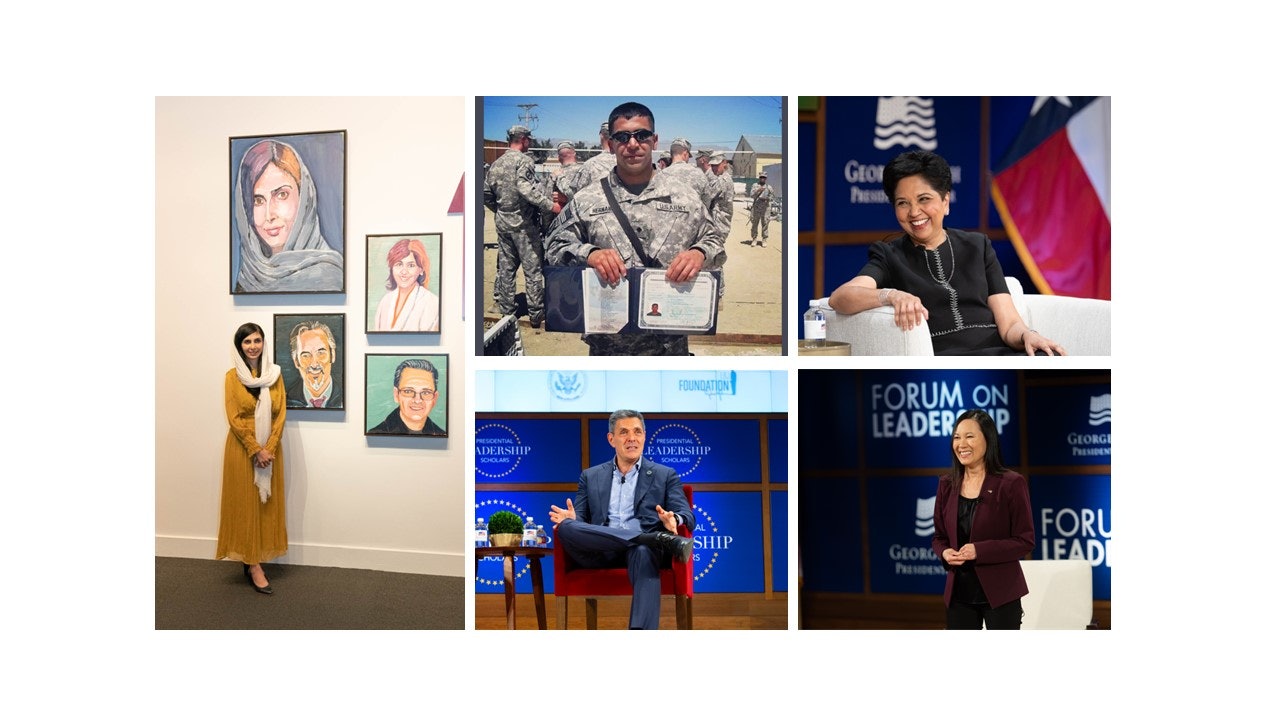Should I leave my job and family for another country where I don’t know anyone and have little assurance that my ideas will be welcomed?Those...
Should I leave my job and family for another country where I don’t know anyone and have little assurance that my ideas will be welcomed?
Those thoughts crossed my mind exactly 10 years ago as I sat in my bedroom in New Delhi, India, reviewing my acceptance letter into the economics master’s degree program at the University of Missouri, St. Louis.
Like other immigrants, I had many reservations about moving to America. For one, leaving behind my mother would be a big sacrifice. I feared too leaving India, where I was part of a community that appreciated my ideas and passion for economic development and public policy.
Nevertheless, the opportunity to get an education in the United States seemed like the right decision. So there I was, in January 2004, starting my education in St. Louis for a master’s degree in economics.
In those early days after moving to America, I wondered a lot about whether I had made the right choice. I missed my mother and wasn’t sure if I would be able to assimilate with the culture and people in this new country. But after spending only a few months living here, I realized that I had made the right choice. I found the U.S. a welcoming community that encourages and rewards independent thought, enterprise, and merit. Immigrants from all over the world come to the U.S. to take part in this truly American culture.
Fast forward to today — I’ve been in the U.S. for 10 years. I recently got married and have been working for a global financial services firm in Boston. The path to my current position has been one that reflects the potential that America offers to millions of people across the world who hope to build a life here. I’ve had the opportunity to work at leading research institutions such as the Council on Foreign Relations in New York, the Mercatus Center in Arlington, Virginia, and at the American Institute for Economic Research in Great Barrington, Massachusetts, to name a few. Of course, mentors matter – my professors, my colleagues, and most importantly my family have all helped me to get this far in my nascent career.
The truth is that sitting in my bedroom in New Delhi in 2003, I could never have imagined that one day I would get to work at the prestigious Council on Foreign Relations, my first job in the U.S. The exposure and opportunities I benefited from at the Council were unparalleled. Meeting prominent scholars, listening to world leaders, and researching topics in international economic policy were like a dream come true for someone who had grown up always wanting to better understand the impact of economics on international affairs and diplomacy. While in New York, I also met my wife, who is also an Indian national and came to the U.S. to study at the Parsons School of Design.
After several years working in New York, I had the opportunity to go back to graduate school, an enormous privilege for me for further my professional training. I attended the Fletcher School of Law and Diplomacy at Tufts University, which allowed me to focus on issues at the base of the economic pyramid in developing countries. At Fletcher, along with colleagues from MIT, I even helped launch a social enterprise start-up called Sanergy. I got to experience first-hand the opportunities the U.S. offers to anyone who has an innovative idea that can solve a problem with a unique solution.
There have of course been some challenges — as I start my 10th year of stay in the United States I do wonder about my status here as an immigrant. After having bounced around on different visas — twice on student visas in addition to holding H1-B work visas on different occasions — my wife and I often think of applying for permanent residency but, because of the current structure of the laws, are yet to find a way to do so.
This nation has given me so much and I often think of what my life would have been had I not decided to heed my sister and mother’s advice to go and build a life for myself in America. I share my personal story so that readers can see the kind of opportunities America offers to its citizens as well as immigrants from around the world. I’ve come to call America my home, and I know I made the right choice a decade ago when I decided to come to the U.S.
Gaurav Tiwari is an immigrant to the U.S. presently working in the financial services industry in Boston, MA. He recently served as a volunteer judge at the Bush Center’s High School Economic Debate competition in Plymouth Notch, VT.





























